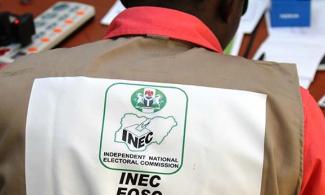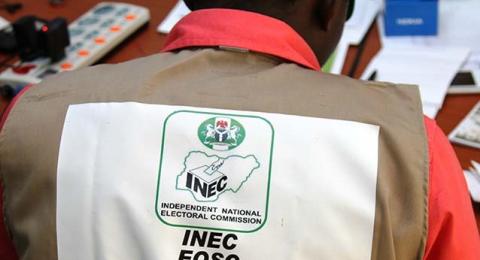
INEC will now have to decide how to transmit election results — either electronically or manually.
The Senate has reconsidered the electoral act amendment bill empowering the Independent National Electoral Commission to determine the best mode of transmission of election results.
INEC will now have to decide how to transmit election results — either electronically or manually.

The upper legislative chamber also approved that all political parties must use the direct primary mode in picking candidates.
The Senate approved four clauses in the electoral act amendment bill.
Recall that on July 15, the Senate session turned rowdy over discussions on the electoral act amendment bill.
A heated argument broke out when the Senate deputy whip, Sabi Abdullahi, proposed an amendment to section 50 (3) of the electoral bill.
“The commission may transmit results of elections by electronic means where and when practicable,” the section reads.
Abdullahi proposed that the Nigerian Communications Commission must certify that national coverage is adequate and secure while the national assembly must approve before the Independent National Electoral Commission can transmit election results.
But Albert Bassey, the Senator representing Akwa Ibom North-East, kicked against the idea and said the initial proposal made by the committee should be retained.
The upper legislative chamber subsequently moved into a closed session following the back and forth over the matter.
Afterwards, the Nigerian Communications Commission said Nigeria does not have adequate network coverage in its 119,000 polling units to enable the electronic transmission of election results.
Speaking on behalf of the NCC team while appearing before the House of Representatives to provide insights into the possibility of transmitting election results via electronic means, the Executive Commissioner, Technical Services, Engineer Ubale Maska, said that in all the polling units studied in 2018, only about 50 per cent had 2G and 3G networks.